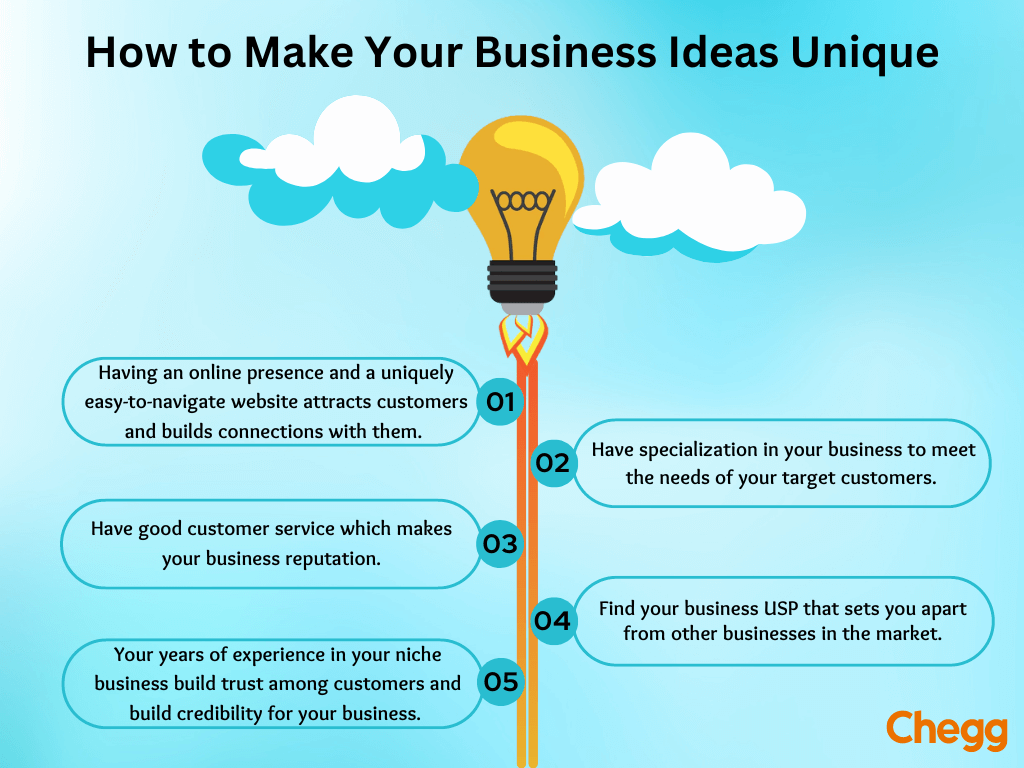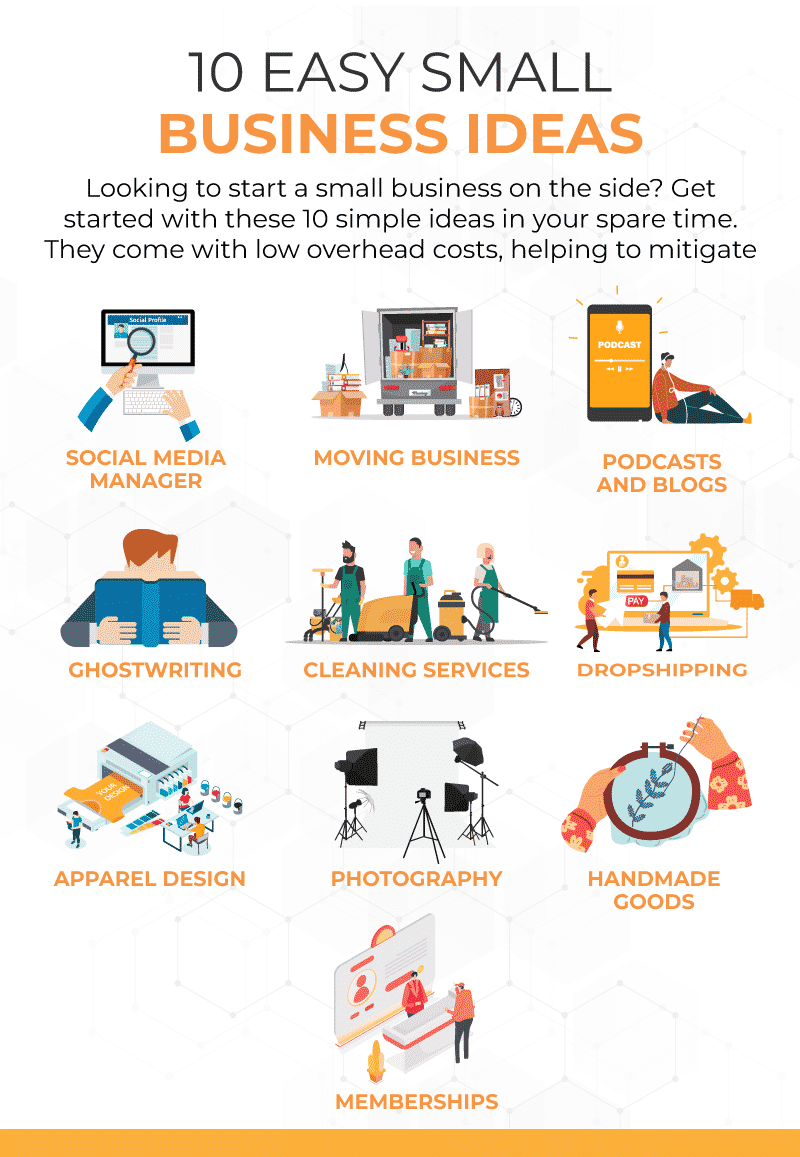Who Do I Talk To About A Business Idea

The entrepreneurial spirit is alive and well, with countless individuals harboring groundbreaking business ideas. However, the journey from initial concept to viable business is often fraught with uncertainty. One of the most pressing questions for budding entrepreneurs is: who can I talk to about my business idea?
Navigating the landscape of advice and mentorship is crucial for validating, refining, and ultimately launching a successful venture. The answer isn't a simple one; it depends on the stage of the idea, the entrepreneur's specific needs, and the type of business being envisioned. This article delves into the key resources and individuals that entrepreneurs should consider engaging with, offering a roadmap for turning a spark of inspiration into a thriving reality.
Understanding Your Needs: The First Step
Before reaching out to anyone, it's essential to self-assess and understand your current needs. Honest introspection is key. What are your strengths and weaknesses?
Do you need help with market research, financial projections, legal advice, or simply a sounding board for your ideas? Identifying these gaps will help you target the right resources.
Friends, Family, and Trusted Mentors: Initial Feedback
Your closest circle can be a valuable starting point, especially for initial feedback. Sharing your idea with trusted friends and family can provide crucial, albeit potentially biased, perspectives. Be prepared for both encouragement and constructive criticism.
Look for individuals with relevant business experience within your network. They can offer preliminary insights and help you refine your concept before seeking more formal advice.
Small Business Administration (SBA) and Resource Partners
The Small Business Administration (SBA) is a cornerstone resource for entrepreneurs in the United States. They offer a wealth of information, resources, and support services. The SBA partners with organizations like SCORE (Service Corps of Retired Executives) and Small Business Development Centers (SBDCs) to provide free or low-cost mentoring and training.
SCORE mentors are experienced business professionals who volunteer their time to guide aspiring entrepreneurs. SBDCs offer counseling, training, and access to capital resources.
These resources can be invaluable for developing a business plan, understanding market trends, and securing funding.
Angel Investors and Venture Capitalists: Funding and Expertise
If your business idea requires significant capital investment, consider exploring angel investors and venture capitalists. These individuals and firms invest in early-stage companies with high growth potential.
However, be aware that seeking investment from these sources often involves giving up a portion of ownership in your company. Prepare a compelling pitch deck and be ready to answer tough questions about your business model, market opportunity, and competitive landscape.
Before approaching investors, ensure your business plan is robust and your financial projections are realistic. Networking events and online platforms can help you connect with potential investors.
Industry Experts and Consultants: Specialized Knowledge
Depending on the nature of your business idea, you may need specialized knowledge or expertise. Industry experts and consultants can provide valuable insights into market trends, regulatory requirements, and best practices.
While consultants typically charge for their services, the investment can be worthwhile if it helps you avoid costly mistakes or gain a competitive advantage. Look for consultants with a proven track record and relevant experience in your industry.
Legal and Financial Professionals: Compliance and Structure
Engaging legal and financial professionals is essential for ensuring your business complies with all applicable laws and regulations. A lawyer can help you choose the right business structure (e.g., sole proprietorship, LLC, corporation) and draft contracts.
An accountant can help you manage your finances, prepare tax returns, and develop financial strategies. These professionals can save you time, money, and potential legal headaches down the road.
Incubators and Accelerators: Nurturing Growth
Business incubators and accelerators provide startups with workspace, mentoring, and access to resources to help them grow. Incubators typically focus on early-stage companies, while accelerators target companies that are ready to scale.
These programs can be highly competitive, but the benefits can be significant. They offer a supportive environment, access to investors, and opportunities to network with other entrepreneurs.
The Importance of Networking
Networking is crucial throughout the entrepreneurial journey. Attend industry events, join relevant online communities, and connect with other entrepreneurs.
Building a strong network can provide access to new opportunities, valuable advice, and potential partnerships. Don't be afraid to ask for help and share your own experiences.
Ultimately, finding the right people to talk to about your business idea is an ongoing process. Be open to feedback, adapt your approach as needed, and never stop learning. With the right guidance and support, you can turn your vision into a successful reality.


















